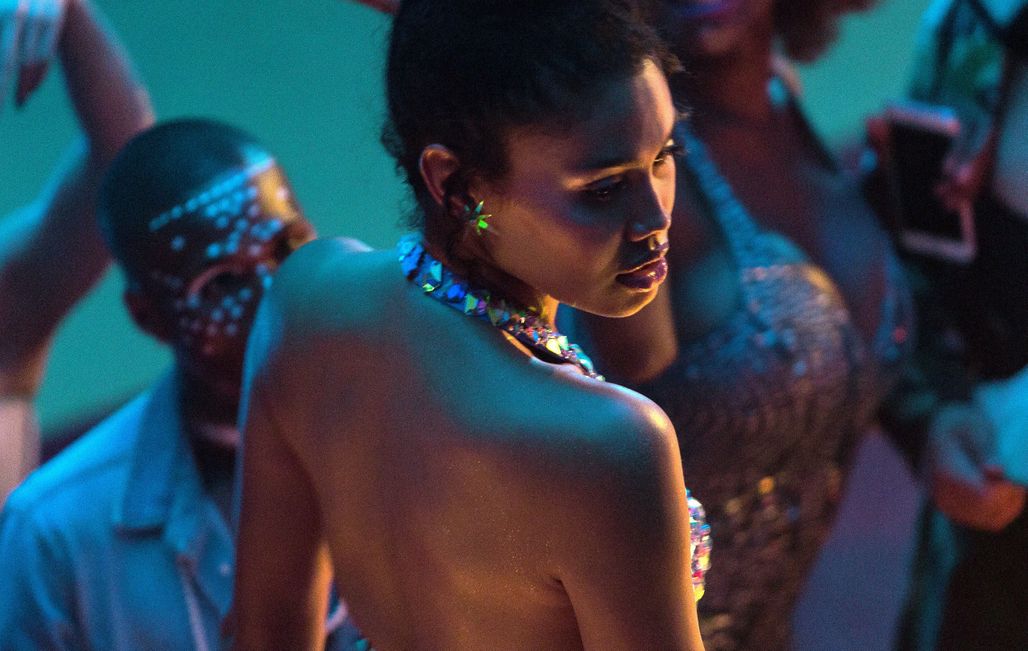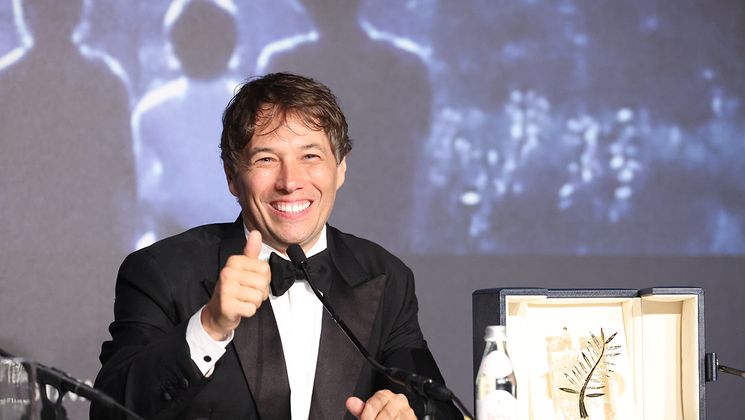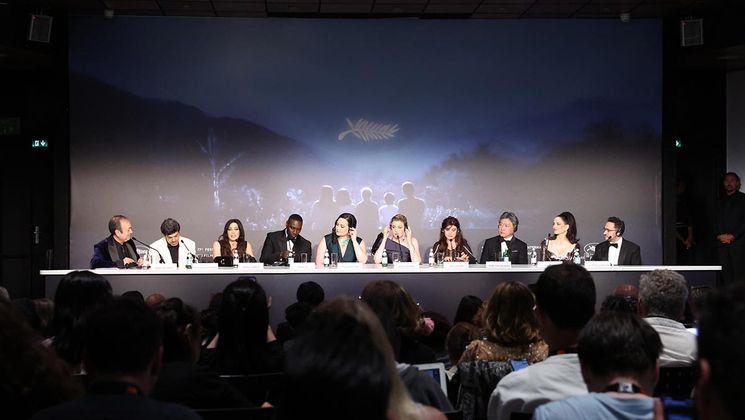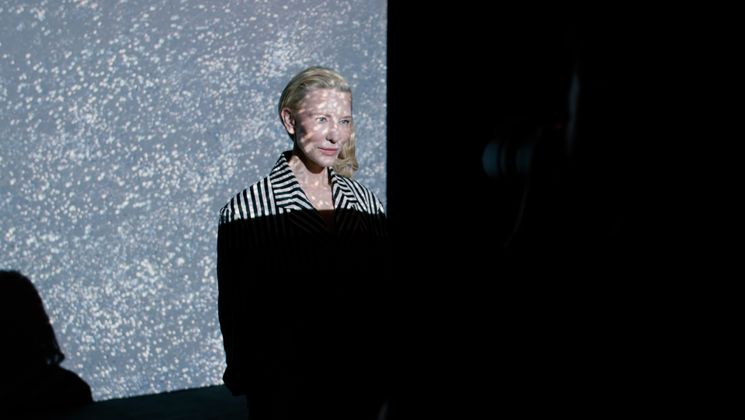
Port Authority as seen by Danielle Lessovitz

Danielle Lessovitz's first film, Port Authority, is the story of the complex romance that blossoms between Paul, a teenager freshly arrived in New York, and Wye, a young vogue dancer and member of the kiki ballroom scene. The American director graduated from New York University's prestigious Tisch School of Arts, and explores the themes of choice, identity and social pressure in this film produced by Martin Scorsese.
Tell us how the idea for your film came about.
I saw this video on the television around ten years ago, and the idea for this love story came to me almost immediately. I had the story arc in my head, but like many ideas, it got cast aside.
A few years later, I moved to New York and attended a ball. There was something about how the dancers performed, surrounded by their multi-generational 'chosen' families, that spoke to me, and I resurrected the idea.
I discussed it with my artistic director, Helen Zünd, who was very supportive. It took me about a year to sit down and write the story. I wrote the first draft in under a fortnight.
What was the atmosphere like on set? Any anecdotes to share?
Here's a quick glimpse of the atmosphere.
What did making this film teach you?
What I took away from it is that there's an opportunity to be seized in everything, even if you can't see it at first. That's what our photography director, Jomo Fray, told me when we began preparing, and it really struck a chord when we started filming. I sometimes felt like I had to rush things, but the space I freed up to create a sense of new space to be filled gave the film a kind of energy that I couldn't have written or planned ahead of time.
What made you want to become a director? Who, or what, inspires you?
I wanted to find an honest way of expressing what I saw and experienced, I wanted to explain very complex emotions and share them in the best possible way. Making films is a natural extension of poetry, which I really like. I work like a painter, crafting characters who change over time. Making films is the best way of fulfilling your curiosity and having fun with lots of different people.
How do you see the film industry in your country?
This project is a French/American coproduction. I got to see how the two countries work together. I realised that the film industry in the States is more product-focused, the emphasis is put on a movie's commercial success.
France has such a strong tradition of filmmaking, so it feels like you have more room to take more risks, you feel freer as a director.
We took the best from both worlds. Both countries are trying to create more platforms for women's points of view and their projects. I think it's more difficult to be taken seriously as a female director in the States, but things may well change.


